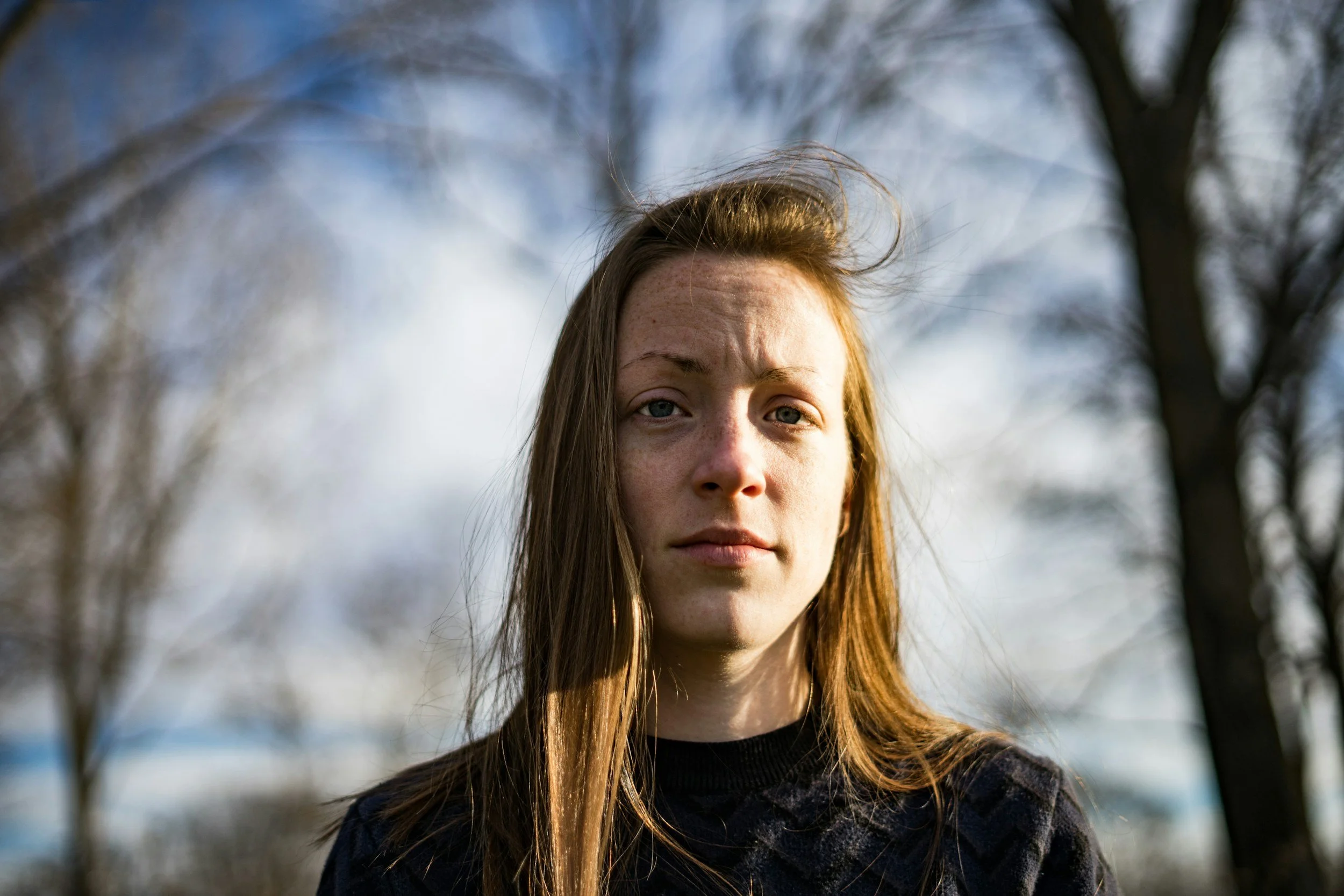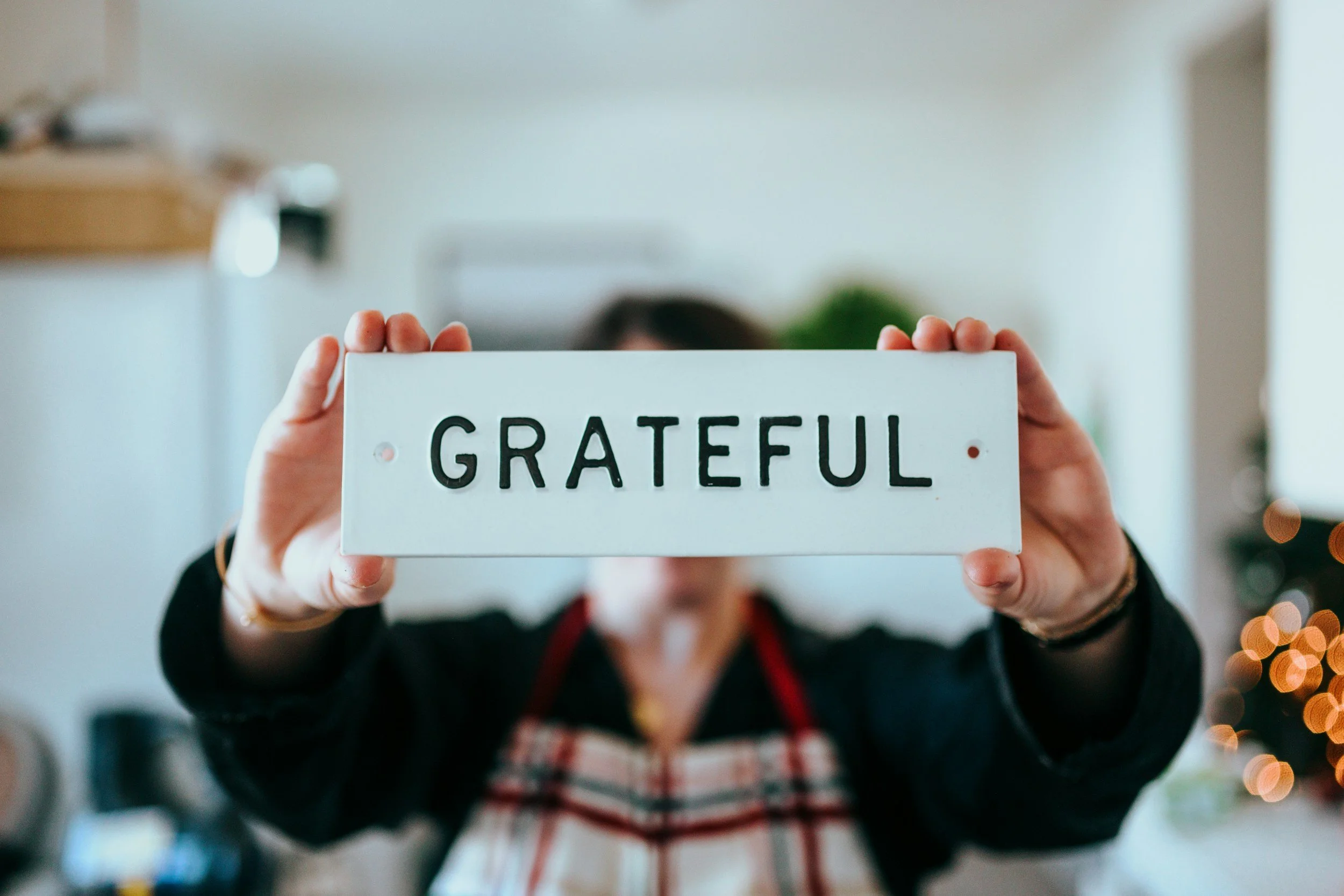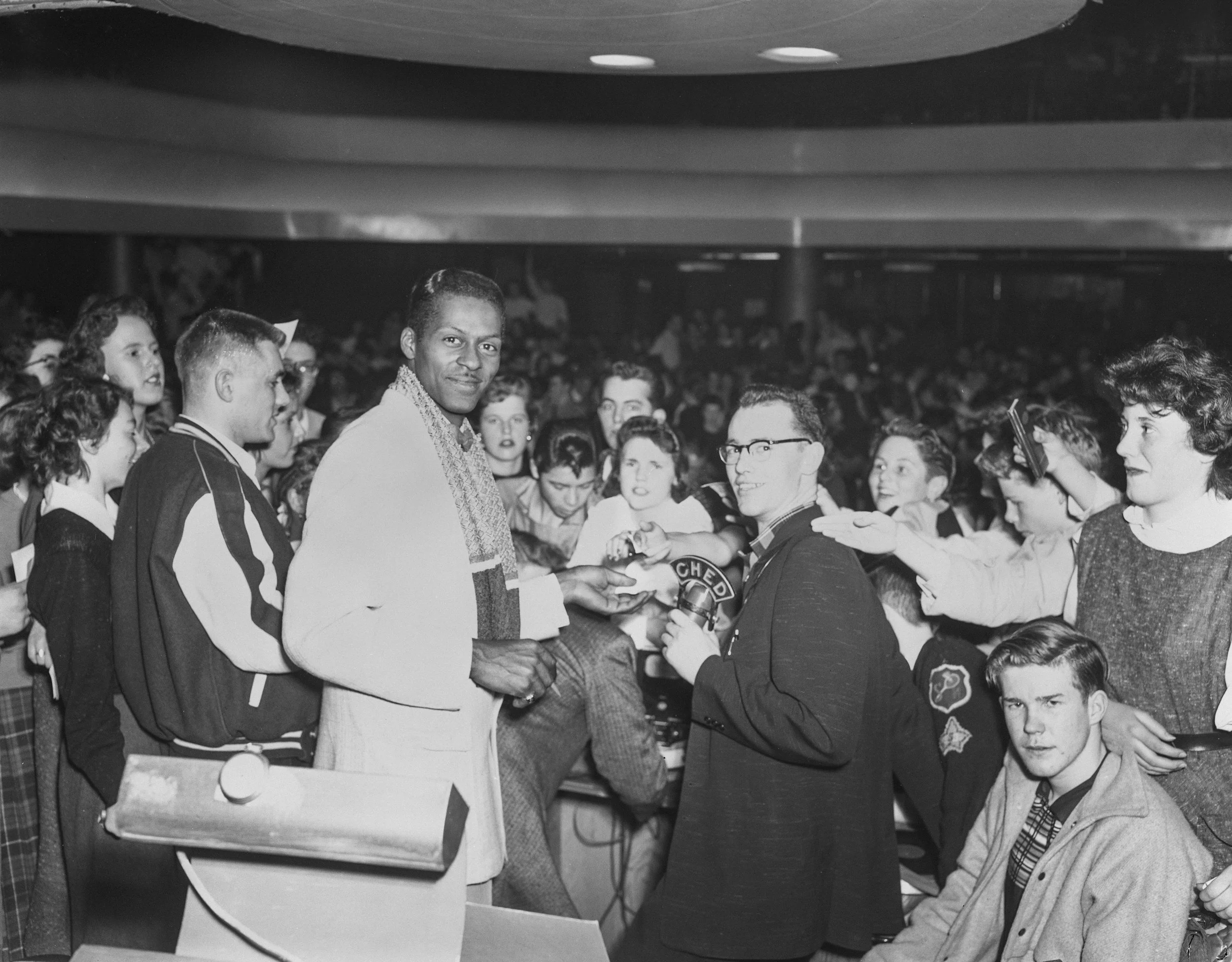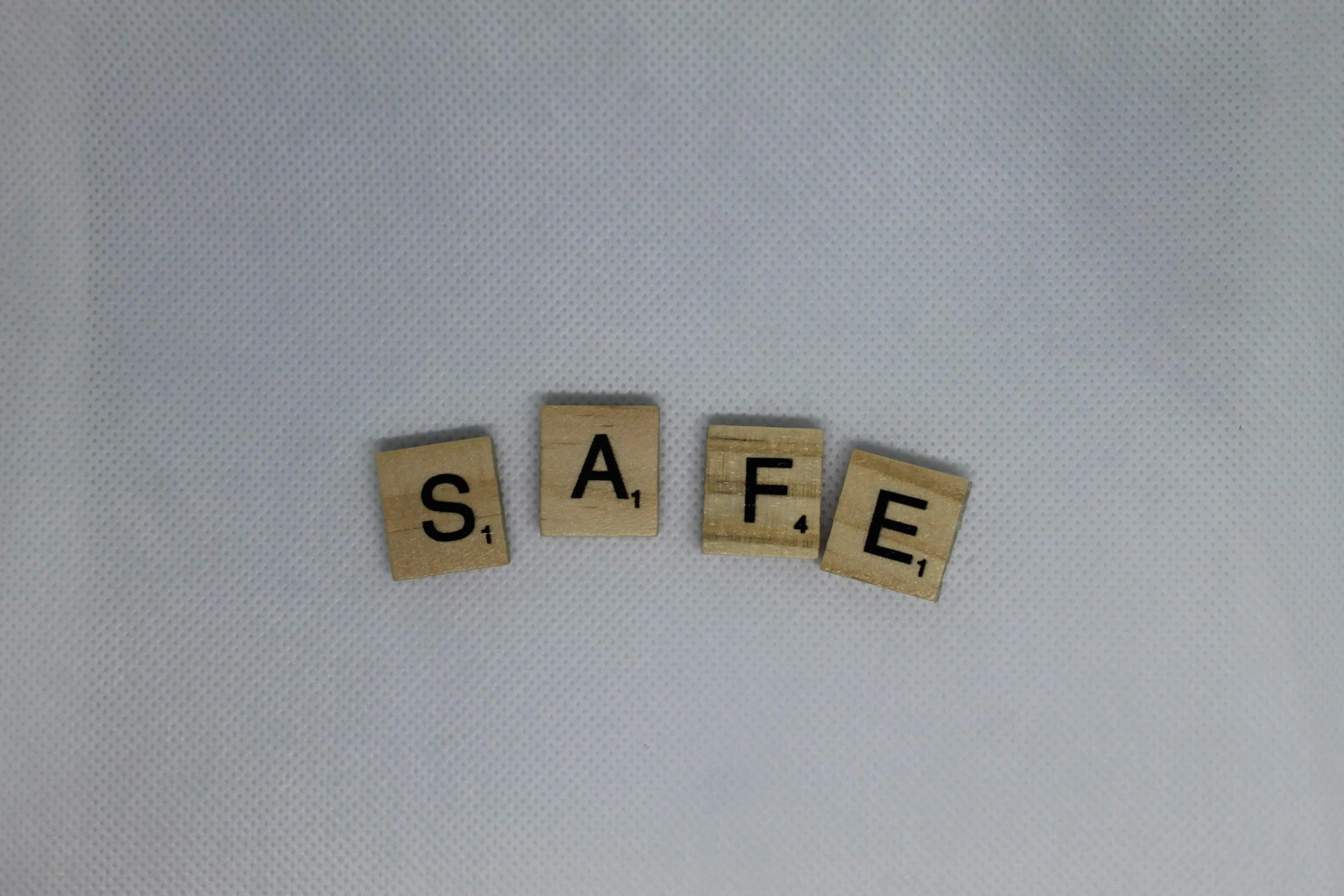
Welcome to my Blog
Thank you for stopping by. This space is where I share research, reflections, and practical tools drawn from my experience as a marriage and family therapist with an international practice. .
Are you a couple looking for clarity? A professional curious about the science of relationships? Or simply someone interested in how love and resilience work? I’m glad you’ve found your way here. I can help with that. I’m accepting new clients, and this blog is for the benefit of all my gentle readers.
Each post is written with one goal in mind: to help you better understand yourself, your partner, and the hidden dynamics that shape human connection.
Grab a coffee (or a notebook), explore what speaks to you, and take what’s useful back into your life and relationships.
And if a post sparks a question, or makes you realize you could use more support, I’d love to hear from you. Let’s explore the scope of work you’d like to do together.
Be Well, Stay Kind, and Godspeed.
~Daniel
P.S.
Feel free to explore the categories below to find past blog posts on the topics that matter most to you. If you’re curious about attachment, navigating conflict, or strengthening intimacy, these archives are a great way to dive deeper into the research and insights that I’ve been sharing for years.
- Attachment Issues
- Coronavirus
- Couples Therapy
- Extramarital Affairs
- Family Life and Parenting
- How to Fight Fair
- Inlaws and Extended Families
- Intercultural Relationships
- Marriage and Mental Health
- Married Life & Intimate Relationships
- Neurodiverse Couples
- Separation & Divorce
- Signs of Trouble
- Social Media and Relationships
- What Happy Couples Know
Should You Stay or Leave Your Relationship? A Therapist’s Decision Framework
Most people believe they are stuck because they don’t have enough insight.
They are wrong.
People stay stuck because they treat ambivalence like neutrality—when it is actually a decision signal.
This is not a post about feelings.
It is a post about criteria.
When Hormones Change How You Treat People: Hyperthyroidism and the Dark Side of Personality
Why happens when hormones change how you treat your life-partner?
Let’s start where most misunderstandings begin.
When people hear dark personality traits, they think character.
When clinicians hear hyperthyroidism, they think arousal.
Those two categories are not the same thing. But in everyday life—and often in therapy—they get collapsed into a single moral verdict: this is who you are.
New research published in Current Psychology suggests that collapse may be a mistake.
The study found that folks with hyperthyroidism reported higher levels of Machiavellianism, psychopathy, and sadism, with narcissism showing a weaker and less consistent pattern, compared to people with hypothyroidism or no thyroid disorder.
Not destiny.
Not diagnosis.
Association.
Handled carefully, association still tells us something important.
What an Untenable Relationship Really Is (And Why People Stay Anyway)
The word untenable is often used casually in relationship conversations. It shouldn’t be.
Here is the clinical definition I use:
Untenable relationship:
A relationship that cannot be sustained without ongoing self-betrayal, distortion of reality, or erosion of dignity.
In practical terms, a relationship becomes untenable when continuing it reliably causes psychological harm, regardless of intent, effort, or love.
This is not about how unhappy you feel.
It is about what continuation costs you.
An untenable relationship is not difficult.
It is structurally unsustainable.
When Saying “Thank You” Lowers Your Status: The Dark Side of Gratitude That Therapy Never Mentions
Most therapists are trained—explicitly or implicitly—to treat gratitude as an unalloyed good.
Say thank you. Mean it. Feel it. Express it. Build the bond.
Regulate the nervous system. Everyone leaves warmer.
This study suggests something far more uncomfortable.
Gratitude does not just lubricate relationships.
It rearranges the hierarchy inside them.
And once you see that, you just can’t unsee it.
Why “Kind Lying” Is Often Judged More Moral Than Radical Honesty
Kind lying refers to the selective softening or withholding of truthful feedback in order to protect a recipient whose emotional capacity would otherwise be overwhelmed.
There’s a certain personality type that treats honesty like a virtue sport.
They announce it. They endure it. They insist everyone else should, too. Feelings are optional. Truth is the brand.
The problem is that moral judgment doesn’t work that way.
Recent research in the British Journal of Social Psychology shows that people routinely judge kind liars as more moral than rigid truth-tellers—especially when the person receiving feedback is emotionally vulnerable.
Honesty, it turns out, does not automatically confer virtue.
Fit does.
What Interpretive Labor Looks Like in Neurodiverse Couples Therapy
When neurodiverse couples arrive in therapy, they are often already exhausted.
Not simply from conflict—but from managing conflict without a shared operating system.
They have insight.
They have vocabulary.
They understand that their brains work differently.
And still, the same arguments keep repeating.
That is because insight explains why something hurts.
It does not automatically change how the relationship is built.
At Some Point, Explanation Becomes Humiliating
At some point in adult life, a certain kind of explanation becomes humiliating.
Not because it’s wrong.
Because it keeps being necessary.
Neurodivergent adults are not suddenly less patient, less empathic, or less invested in connection.
What they are is finished—finished clarifying tone, finished explaining intent, finished smoothing conversations that never required smoothing in the first place.
What’s ending is not intimacy.
What’s ending is the assumption that one person should keep narrating themselves so everyone else can remain comfortably vague.
Upskirting: Psychopathy, Voyeurism, and the Quiet Permission of Minimization
Upskirting is not a prank enabled by technology.
It is a sexual violation facilitated by it.
What this research clarifies—without moral inflation or rhetorical excess—is not merely who commits this act, but why it continues to function. Not technologically. Socially.
Upskirting persists not because it is misunderstood, but because it reliably attracts folks low in empathy and reliably encounters a culture prepared to minimize its meaning.
That pairing is not incidental. It is efficient.
When Love Is Quiet, Not Absent
They came in because something felt off.
Not broken.
Not dramatic.
Just harder than it used to be.
She said, “I feel alone even when we’re together.”
He said, “I don’t know what I’m doing wrong.”
Neither raised their voice. Neither blamed. They spoke like people who had already tried to understand and were tired of guessing.
I
n the evenings, he came home and grew quiet. Not distant exactly—just still. He sat near her, sometimes with a screen, sometimes with a book, sometimes simply resting.
To him, this was closeness.
To her, it felt like absence.
Survival Is Default. Partnership Strength Is a Daily Decision.
Your nervous system is not designed for meaningful life-partner change.
It is designed to keep you intact, liked enough, and unthreatened.
That’s it.
Everything else—truth, erotic honesty, sustained intimacy, choosing the same person after illusion dies—is optional labor as far as your brain is concerned.
Which is why so many people confuse stability with love and call it maturity.
Why Waiting to Feel Safe Is How Change Quietly Disappears
There is a belief that sounds responsible, enlightened, and trauma-informed:
Once I feel safe, I’ll be able to change.
It sounds careful.
It sounds wise.
It sounds like maturity.
It is also one of the most reliable ways adult change quietly disappears.
Because safety is not a prerequisite for change.
It is an after-effect.
Why Many Couples Aren’t Having Sex: New Research Identifies Exhaustion as the Leading Factor
A recent population survey finds that exhaustion is the most commonly reported reason couples have infrequent sex, outweighing conflict, dissatisfaction, or loss of attraction.
Recent survey research examining sexual frequency among couples finds that exhaustion is the most commonly cited reason for infrequent sex, surpassing explanations related to relationship dissatisfaction, conflict, or loss of attraction.
Approximately one quarter of couples report having sex once a month or less, yet many of these couples still describe their relationships as satisfying.
The findings suggest that low sexual frequency is more strongly associated with physical and mental fatigue than with relational breakdown.












